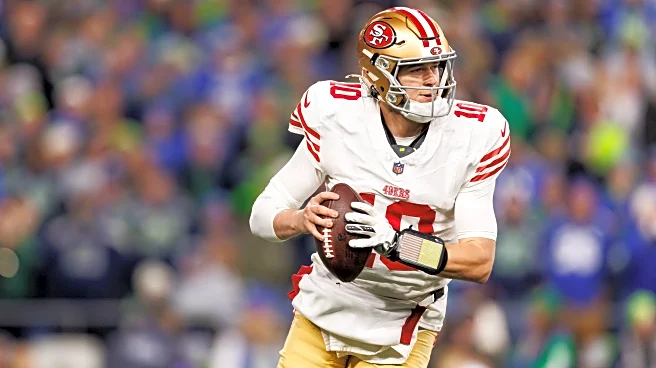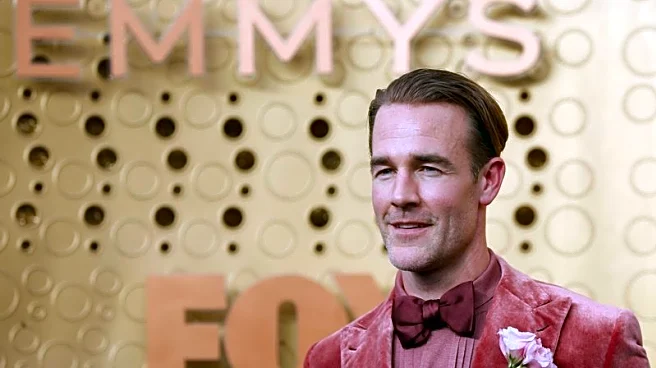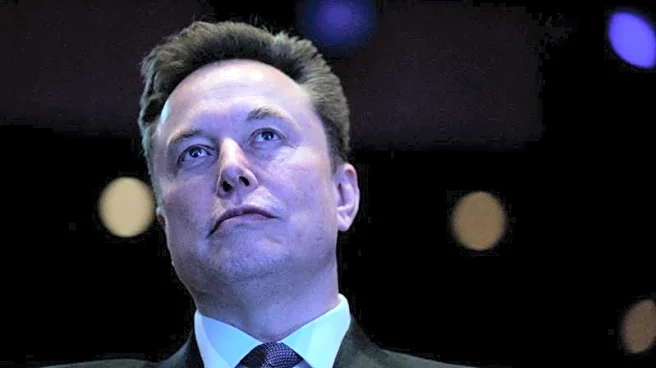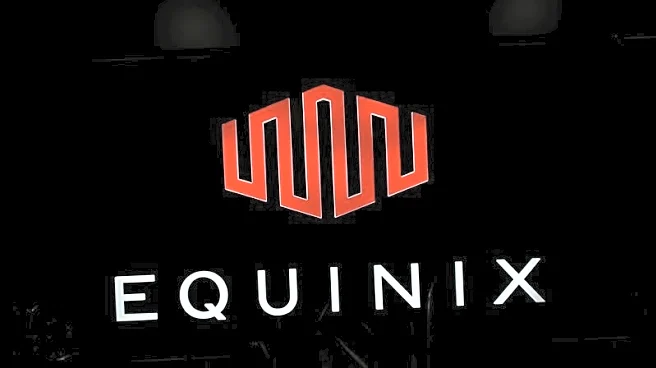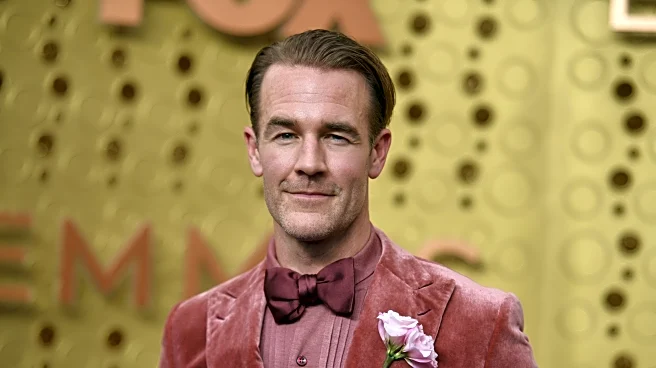What's Happening?
Nate Bargatze, the host of the upcoming Emmys, has announced that the event will be free of political jokes. This decision comes shortly after the shooting death of conservative activist Charlie Kirk, which Bargatze described as 'the saddest thing in the world.' Despite the timing, Bargatze clarified that the choice to avoid political content was not influenced by Kirk's death, stating that the show was never intended to include political commentary. Bargatze's approach reflects a broader trend in entertainment where hosts and performers are increasingly opting to steer clear of political topics to maintain a neutral atmosphere.
Why It's Important?
The decision to keep the Emmys politics-free is significant in the current polarized climate, where political discourse often dominates public events. By choosing to focus on entertainment rather than political commentary, Bargatze aims to provide a respite from the divisive issues that frequently permeate award shows. This approach may appeal to audiences seeking entertainment without the added layer of political debate. It also highlights a shift in how hosts and organizers are navigating the balance between entertainment and political expression, potentially influencing future events in the industry.
What's Next?
As the Emmys approach, it will be interesting to see how audiences react to a politics-free event. Bargatze's decision may set a precedent for other hosts and award shows, encouraging them to consider similar approaches. The reception of this choice could influence future programming decisions, as organizers assess the impact of avoiding political content on viewer engagement and satisfaction. Additionally, stakeholders in the entertainment industry may watch closely to determine if this strategy affects ratings and public perception.
Beyond the Headlines
The choice to avoid political jokes at the Emmys may also reflect broader cultural shifts in the entertainment industry. As audiences become more diverse and global, there is an increasing demand for content that transcends political boundaries and focuses on universal themes. This trend could lead to a reevaluation of how political content is integrated into entertainment, prompting discussions about the role of award shows in shaping public discourse.


